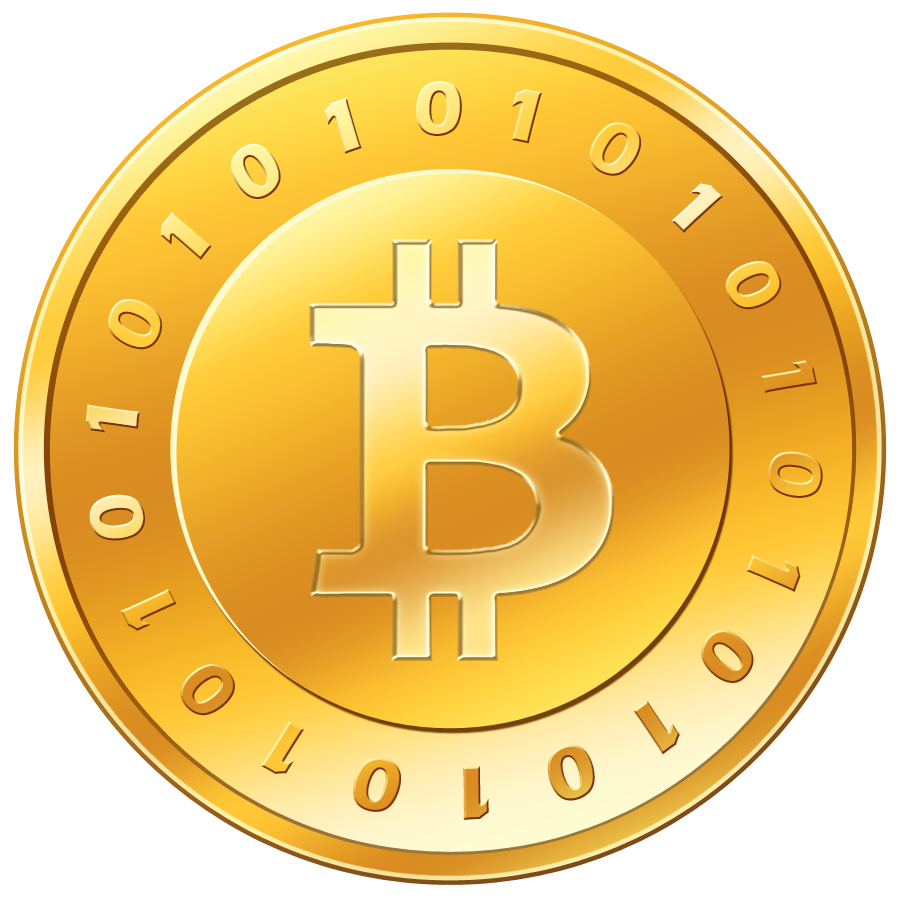In the ever-evolving landscape of finance and technology, Bitcoin has emerged as a revolutionary force, captivating the imagination of investors, tech enthusiasts, and financial experts alike. Often referred to as digital gold, Bitcoin has disrupted traditional notions of currency and investment. In this blog post, we’ll explore the key aspects of Bitcoin, its underlying technology, and its impact on the global economy.
Understanding Bitcoin:
Bitcoin, created in 2009 by an unknown person or group using the pseudonym Satoshi Nakamoto, is a decentralized digital currency. Unlike traditional currencies issued by governments and central banks, Bitcoin operates on a peer-to-peer network using blockchain technology. The blockchain is a distributed ledger that records all transactions across a network of computers, ensuring transparency and security.
Decentralization and Limited Supply:
One of the defining features of Bitcoin is its decentralization. It operates on a decentralized network of computers, eliminating the need for intermediaries like banks. This decentralized nature makes Bitcoin resistant to censorship and government control, appealing to those seeking financial autonomy.
Furthermore, Bitcoin has a capped supply of 21 million coins, a deliberate design choice to mimic the scarcity of precious metals like gold. This limited supply has led to comparisons between Bitcoin and gold, earning it the moniker “digital gold.”
Investment Potential:
Bitcoin’s price volatility has been both a point of fascination and a cause for concern. The cryptocurrency has experienced significant price fluctuations, attracting both risk-takers and skeptics. However, many investors view this volatility as an opportunity rather than a drawback, considering Bitcoin’s potential for substantial returns.
As institutional interest in Bitcoin grows, with major companies and financial institutions investing in or accepting Bitcoin, the cryptocurrency’s legitimacy as a store of value and investment vehicle continues to strengthen.
Blockchain Technology:
Beyond its role as a digital currency, Bitcoin introduced the world to blockchain technology. Blockchain is a decentralized and tamper-resistant ledger that can be used for various applications beyond cryptocurrencies, including supply chain management, smart contracts, and more. The blockchain’s potential to revolutionize industries has garnered widespread attention, positioning Bitcoin as a trailblazer in technological innovation.
Challenges and Future Outlook:
Despite its successes, Bitcoin faces challenges, including regulatory uncertainties, environmental concerns due to energy-intensive mining processes, and ongoing debates about its scalability. However, the growing acceptance of Bitcoin by governments, institutions, and individuals suggests that the cryptocurrency is here to stay.
The future of Bitcoin is dynamic and unpredictable, but its impact on the financial landscape is undeniable. As technological advancements continue and societal attitudes toward traditional finance evolve, Bitcoin’s role as a decentralized, digital asset may become even more prominent.



